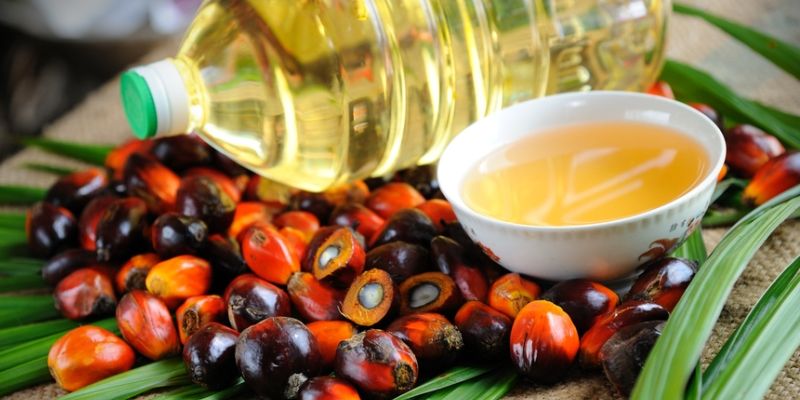No El-Nino effect on palm oil yields in second half: MPOB chairman

There will unlikely be a major impact on palm oil yields due to El-Nino in the second half of this year, said the Malaysian Palm Oil Board (MPOB) chairman Datuk Mohamad Helmy Othman Basha.
Mohamad Helmy said although the possibility of a major El-Nino event still exists, there has been a slight change in weather patterns.
“If it were to occur (major EL-Nino), it would likely happen soon until August or September. The chances of a major El-Nino occurrence have decreased compared to estimates made one or two months ago.
“The projected impact on production, which previously anticipated, will not manifest in the manner we initially thought,” he told reporters after the launch of two new technologies at the Transfer of Technology (TOT) MPOB 2023 event here.
On the possibility of continued production growth in June 2023, he said it is not expected to increase like in May 2023 production.
“I don’t think there will be much increase in production for June but the trend is still uptrend going forward, but it won’t be a big jump like in May,” he added.
Malaysia’s palm oil production jumped 27 per cent in May from April, the biggest increase in the second-largest grower in more than two years, lifted by more harvesting days and improved labour conditions.
On the export demand for palm oil in the second half of this year, Mohamad Helmy said it is expected to experience a shift.
This will be due to geopolitical issues and tighter supply from US soy crop as buyers from India, China, Africa, the Middle East and Turkey are expected to boost the demand for Malaysian palm oil.
The projected trading range for palm oil prices is expected to be between RM3,800 and RM4,000, on the back of slower pace of production in June, geopolitical tensions and a weaker ringgit.
“Assuming there are no major global events, the current price strikes a favourable balance between producers and buyers. Approaching RM4,000 is an agreeable price for all parties involved,” he added.
However, he said that if the price surpasses this range, overseas buyers may begin exploring alternative options like soy oil and sunflower oil.
On the weakening ringgit, Mohamad Helmy said with the current level it will have minimal impact on oil palm export.
Read also
Wheat in Southern Brazil Impacted by Dry Weather and Frosts
Oilseed Industry. Leaders and Strategies in the Times of a Great Change
Black Sea & Danube Region: Oilseed and Vegoil Markets Within Ongoing Transfor...
Serbia. The drought will cause extremely high losses for farmers this year
2023/24 Safrinha Corn in Brazil 91% Harvested
Write to us
Our manager will contact you soon



